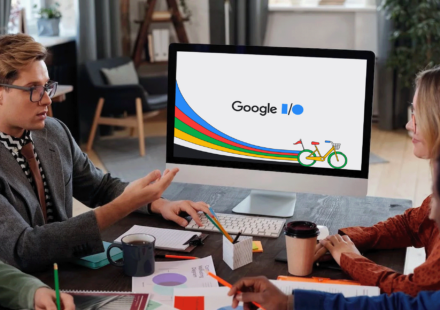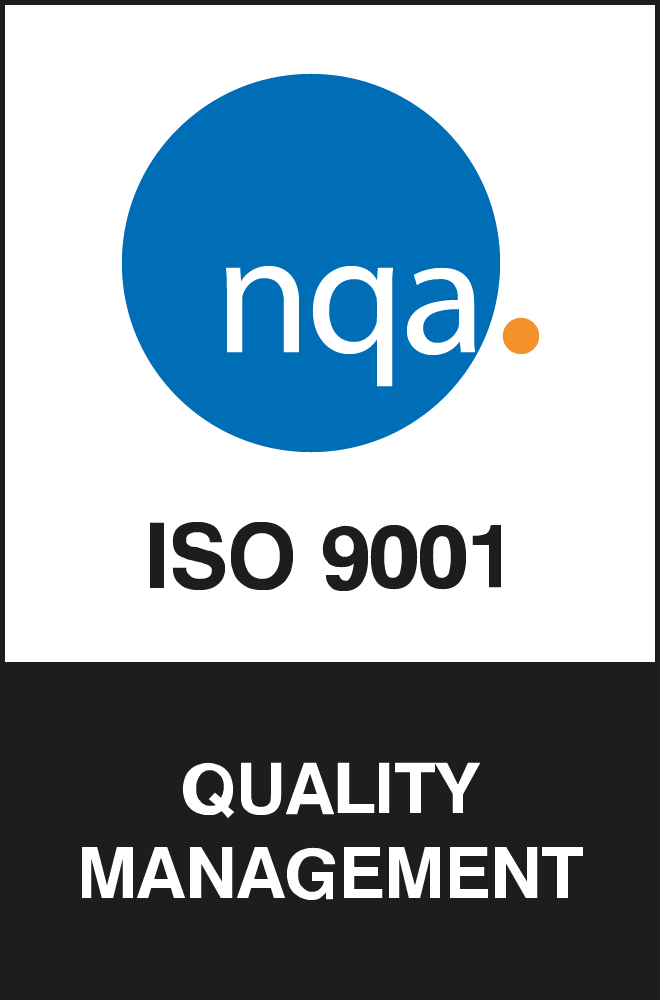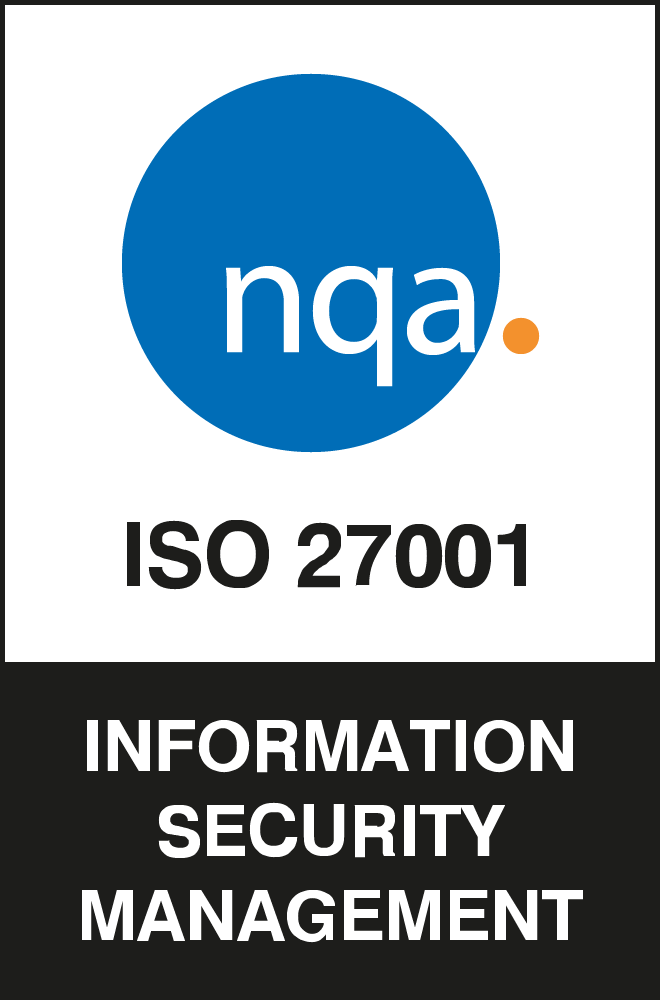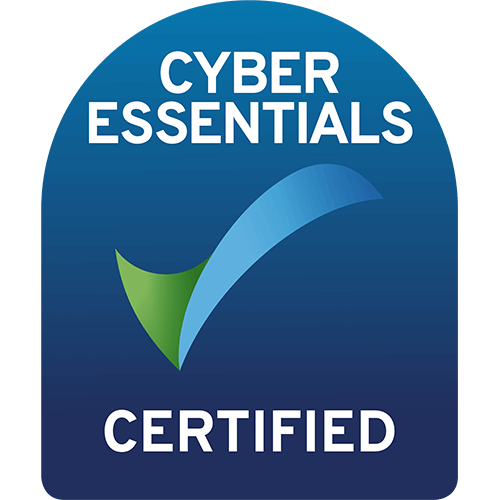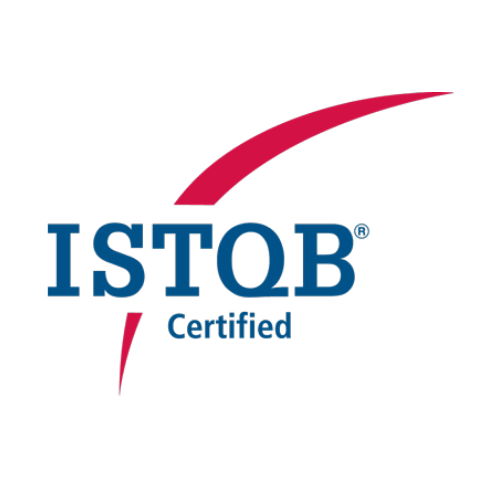Over time, the mobile app market has become increasingly saturated. When the iOS App Store launched in 2008 there were 50 mobile apps available but today, users can choose from 1.85 million different mobile apps available for download (Business of Apps).
A lot of apps launched today build on an existing idea, incorporating slightly different design and functionality but still targeting a very similar audience to that of the existing app – which means they have limited potential to become highly competitive or particularly profitable.
So, an idea for an app that is genuinely innovative, new and exciting is a very valuable thing and you might be reluctant to talk about the great idea you’re sitting on in case it gets stolen or copied by someone else.
If the person who copies your idea has access to more funds and resources their time to market could be shorter than yours, meaning their idea will launch before yours does and your ingenuity and creative efforts will be wasted.
Unfortunately, you can’t legally protect the idea itself but this article looks into the steps you can take to prevent your app concept from being copied and reproduced.
There are a variety of different steps you can take to protect your app idea from being copied or stolen. These are explained below.
Copyright the App
Copyrighting is largely considered the first act necessary for completion when seeking to protect an app concept from theft or copying.
Copyrighting protects you from an app developer who worked on and developed the app from attempting to claim ownership.
A copyright will protect the source code, in-app copy and any graphic designs. A copyright protects the physical and intellectual property that the app consists of – not the idea itself.
Despite Apple and Google’s stringent security measures, it’s still plausible that your app’s source code could be extracted using a jailbroken phone. In this case, that person could change just a couple of lines of your code and relaunch it as their own app.
A copyright would allow you to take legal action against the perpetrator.
Apply for a Patent
Technically, patenting is reserved for protecting new physical inventions from others who are unlikely to have come up with the same invention themselves, as opposed to abstract ideas or concepts.
Patents can only be granted for inventions or products that don’t use any previously patented methods or processes, so everything involved needs to be completely original work.
In the U.K., software and apps are not eligible to be patented but there are a few extenuating circumstances where it is permitted. Contact a patent attorney for legal advice and to find out if your app meets the required criteria and whether it’s worth applying for a patent.
Sign Non-Disclosure Agreements
Before any project work begins, make sure your development team (whether in-house or outsourced) signs an NDA or non-disclosure agreement.
A non-disclosure agreement stops any confidential information from being shared beyond the two parties involved.
If you sign an NDA with your developers, you’ll be free to discuss the full extent of your idea without being worried that they’ll copy it and steal it for their own benefit.
Reserve the App Name
It’s possible to have multiple Android apps with the same name on non-iOS app stores, but not with iOS apps. Because of this, it’s a good idea to reserve your iOS app name in advance.
This stops anyone else from publishing an app on the App Store with the same name as yours.
The app name reservation process is free and can be completed via App Store Connect, there’s also no limit to how long you reserve the name for as long as you don’t violate Apple’s Guidelines.
Trademark the App Name and Logo
Trademark your app name and logo so you can take action against any apps that try to copy yours.
According to The Law Offices of Seth Yurdin, “Registration of your trademark can prevent competitors from confusing your users or diluting your brand’s value through the use of a similar name or icon.”
In the event of this, you’ll need to prove copyright ownership and prove that the person who copied your app name and logo had the ability to copy it as well as proof that they actually did.
The best practice for proving that your app name and logo was copied is to create a unique brand identity and register it as a trademark to prevent others from creating mobile apps with identical or similar names and logos.
Trademark documentation can also serve as supporting evidence for proving that your app idea was formed before a copycat’s.
You can apply for trademark registration before your app is officially launched, as long as you clearly intend to use it in the near future. Trademark registration typically expires after ten years and must be renewed for continued legal protection.
When you’re developing your app’s name, think about whether it would even be possible to trademark it. You’re likely to be able to protect the name with a trademark if it’s a made-up word or is a word that has no connection to your app’s functions.
On the other hand, app names that simply describe the function of the app (like Online Card Scanner, for example) cannot be protected until you can prove that the name has become distinct enough that the word or phrase is synonymous with your app.
Generic terms such as ‘GPS’ are also ineligible for trademark protection as everyone will need to use these from time to time.
Keep Documents on Everything
You should get into the habit of documenting everything, no matter how insignificant it might seem at the time, just in case you have to prove something in court at a later date and rely on it for evidence.
The app’s code, blueprints, design drafts and anything else should be stored together securely.
Distribute Information Selectively
You’re inevitably going to have to share details of your app concept at some stages, for example when pitching to investors or discussing details with your team. However, this doesn’t mean that absolutely everything has to be shared.
You might be excited to share your revolutionary new app idea but try to think critically about the information you are sharing and the parties you’re sharing it with. Keep details on a need to know basis, especially in the early stages of development.
The less information you share widely, the less likely your idea is to be copied or cloned.
Only Work with Trusted People and Organisations
Be selective of the professional relationships you build and only work with reputable professionals or companies.
You’re likely to require support from external sources at various stages, whether that be from investors, external development partners, design specialists or anyone else that has the skills to do what you need.
Before any work of this nature begins, conduct a thorough review of their website, reviews, social media content, case studies and testimonials. Organisations with integrity shouldn’t have any problems with sharing information like this with you if it’s not readily available.
Reputable organisations are much less likely to steal your idea or engage in other unprofessional conduct.
Sign Non-Compete Agreements
A non-compete agreement prevents the individuals you’re working with from sharing your app’s secrets with your competitors as it prohibits them from working with any rival companies.
Non-compete agreements apply whilst your project is being worked on and for a specified amount of time after it is completed too. Because of this, non-competes can be expensive and difficult to get people to agree to as their future work opportunities can be severely restricted.
Don’t Copy the Work of Others
Though it’s completely natural to seek inspiration from others in the industry, you should always seek to keep your work and ideas as original as you can.
Avoid copying an app or type of app that is gaining popularity quickly and instead focus on creating an app that has the functionality to solve users’ issues and meets their demands.
Is your app idea protected?
Using the information outlined above, consider what extra steps you need to take to ensure that your app idea is as protected as possible, leaving minimal scope for third parties to copy it. We recommended getting in touch with local legal counsel for more specific guidance on your situation.



